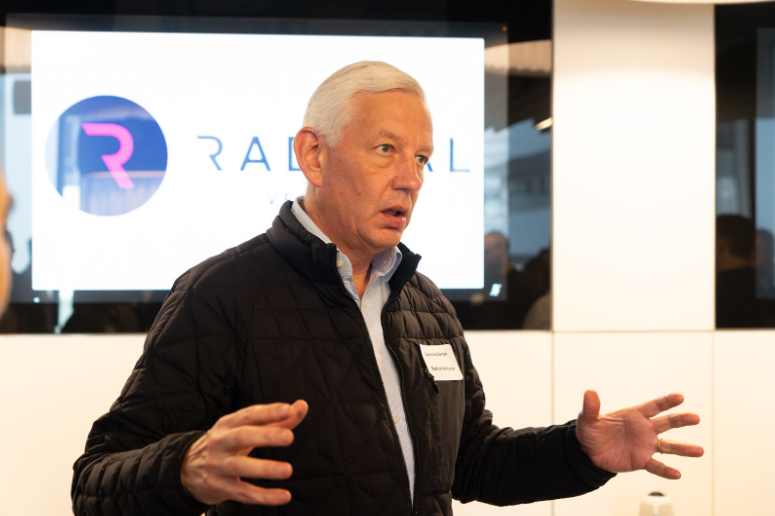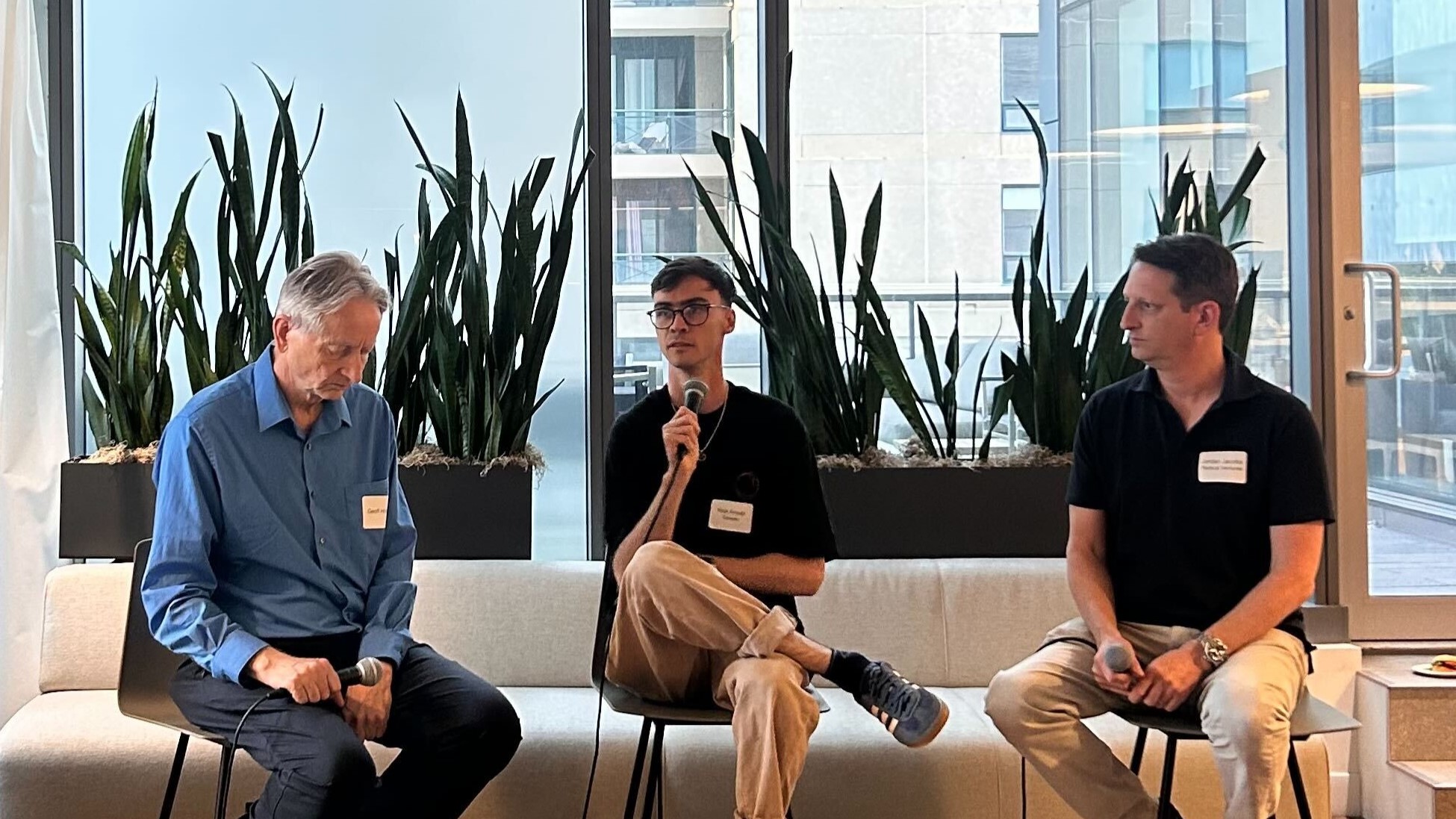Dominic Barton is a Senior Advisor and Partner at Radical Ventures. Dominic is also Chair of Rio Tinto and the former Canadian Ambassador to China. He was the Global Managing Partner at McKinsey Company from 2009 to 2018. You can read more about Dominic’s move to Radical in the Financial Times.
Today our society is navigating a confluence of forces that will play outsized roles in shaping our future on this planet: climate change, the rising economic and geo-political influence of Asia, rapid and significant technological change, growing economic inequality and increasing polarization everywhere. As a society, we must navigate this moment with care and thoughtfulness. One of the most powerful tools at our disposal is artificial intelligence (AI). It will be as transformative as the advent and adoption of electricity, with far-reaching implications for our society and global economy.
In the coming months and years, AI will play an increasingly vital role in every human interaction with technology. AI advances will mitigate the severity of climate change while providing the tools to adapt to a warming planet. This same technology promises to dramatically increase human productivity, offering wide and affordable access to computers that can learn and create. AI will transform healthcare and the quality of life. And AI will force incumbent businesses to transform faster (or risk disappearing), and enable a wave of new companies and business models.
Seizing AI’s potential is the primary reason why I have decided to join Radical Ventures as a partner. As a member of the Radical team, I will work closely with the fund’s portfolio of startups to help them build and scale global AI businesses. My advisory role will involve connecting these startups to top-tier customers and partners. By supporting these companies, we can help ensure that AI is used to benefit humanity and address the challenges we face.
It is an exciting time to be working in AI, and I look forward to being a part of this movement. We must approach this technology with great care and thoughtfulness, but with the right investments, we can use AI to build a better future for all.
AI News This Week
-
Artificial Intelligence pioneers back $550mn fund for AI start-ups (Financial Times)
Radical announced its latest $550M AI-focused fund in the Financial Times, which noted some of our key investors: “Toronto-based Radical Ventures said it has received investment from several leaders in the AI field. This includes Fei-Fei Li, creator of the influential ImageNet project and Geoffrey Hinton, the pioneer in neural networks.
-
AI-focused Radical Ventures makes Dominic Barton partner as it seeks to raise $550-million fund (The Globe and Mail – subscription may be required)
Along with the new fund, Radical welcomes two London-based partners this week. Dominic Barton is the former Global Managing Partner at McKinsey & Company and previously served as Canada’s Ambassador to China. Dominic will advise Radical’s portfolio companies on commercialization opportunities and go-to-market strategy. Joining Dominic in London is Radical partner Aaron Rosenberg. Formerly the Head of Strategy and Operations at DeepMind, Aaron will lead Radical’s operations in London and Europe, identifying leading AI companies from the ecosystem and working closely with founders as they build AI businesses.
-
Can generative AI’s stimulating powers extend to productivity? (Financial Times)
2022 marked a breakout year for generative AI as researchers opened up the technology for ordinary users. Financial Times Innovation editor, John Thornhill asks in this OpEd, “Can it boost economic productivity in general?” To answer that question, Thornhill spoke with Jordan Jacobs, Radical Ventures Managing Partner and co-founder, who argues, “every bit of software will be replaced by AI software over the next decade. That will have an enormous economic impact.” Software is in the midst of a major upgrade as software evolves from being a hard-coded, static product that is periodically shipped into one that is powered by AI and capable of constantly learning and adapting.
-
Research: Unlocking de novo antibody design with generative artificial intelligence (bioRxiv)
Researchers at Absci used deep learning models to design antibodies against three distinct targets. Compared to human-designed antibodies, the discovered antibodies performed better in real-world tests. Designing antibodies with generative AI can be much faster, more reliable, and more controllable than ever before. Traditional de novo antibody discovery requires time and resource-intensive screening of large immune or synthetic libraries. The research is another proof point that AI systems can approximate the real world usefully. This could have massive implications for predicting, optimizing and generally managing problems and systems across industries.
-
A watermark for chatbots can spot text written by an AI (MIT Technology Review)
As AI becomes more advanced, so do techniques to detect whether words were written by a human or not. Most recently, “watermarks” have been developed based on hidden patterns purposely buried in AI-generated texts. These are invisible to the human eye but let computers detect the likelihood of text coming from an AI system. These techniques are currently limited but will continue to develop alongside these tools.
Radical Reads is edited by Ebin Tomy.





